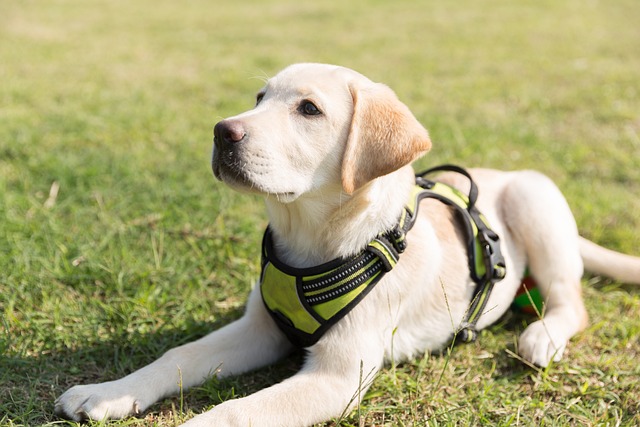
What are the disadvantages of grain-free dog food
I sat with my friend Maya in her Atlanta apartment kitchen last month, as she stared at a half-empty bag of grain-free dog food and her 3-year-old German Shepherd
You’re watching your Labrador obsessively lick his paws after a walk in Central Park, leaving rusty stains on your apartment’s hardwood floor. Or maybe your terrier’s mysterious tummy troubles mean midnight dashes to the balcony. Sound familiar? Pinpointing allergies in dogs feels like detective work, but with patience and the right approach, you can crack the case. Let’s break it down step by step.
First, understand what’s happening under that furry coat. Your dog’s immune system might mistake harmless things for enemies – whether it’s the chicken in their kibble, pollen from that lush Seattle community garden, or dust mites hiding in your area rug. Common reactions include relentless scratching, recurrent ear infections, digestive upset, or even swollen eyes. The tricky part? Food and environmental triggers often share symptoms, making DIY diagnosis a challenge.
Start your investigation with food allergies – the most controllable variable. Partner with your vet on an 8-12 week elimination diet using hypoallergenic dog food. This isn’t just switching brands; it means feeding strictly prescribed novel proteins (like venison or kangaroo) or hydrolyzed formulas. Zero treats, table scraps, or flavored medications allowed. Keep a detailed journal: Track if paw chewing decreases by week six. If symptoms persist, environmental culprits like ragweed or dust are likely suspects.

For environmental allergies, become a symptom detective. Note if itching flares after walks during Austin’s cedar season or when your pup naps on that vintage armchair. Reduce exposure by wiping paws with pet-safe wipes after outdoor adventures (especially in apartment corridors), washing bedding weekly in hot water, and using HEPA filters. If clues remain elusive, your vet may recommend dog allergy testing methods like serum panels. Remember: Most states legally require core dog vaccinations to be current before testing.
Now, let’s address real-world responsibilities. If allergy-related diarrhea strikes during your Brooklyn neighborhood stroll, public poop scooping laws still apply rigorously – fines can exceed $250 for uncollected waste, even if it’s loose. Always carry enzyme-based cleaners for apartment hallway accidents (standard cleaners won’t neutralize allergens). For noise-sensitive neighbors in close-quarters living, address excessive scratching or whining proactively. A simple note like, "Buddy’s on allergy meds – apologies for any midnight shuffles!" builds community goodwill.
Cultural sensitivity is non-negotiable. Never punish allergy symptoms like accidents or chewing – stress worsens immune reactions, and positive reinforcement training aligns with EU/U.S. animal welfare laws. Instead: Reward calm behavior after applying vet-prescribed creams, redirect scratching with frozen lick mats, and use vet-approved flea preventatives (skip unregulated "natural" remedies sold at farmers' markets).
Recognize emergencies: Facial swelling, hives, or open sores from non-stop scratching demand immediate vet attention. With careful observation, partnership with your vet, and community awareness, you’ll transform from frustrated owner to allergy-solving ally.

I sat with my friend Maya in her Atlanta apartment kitchen last month, as she stared at a half-empty bag of grain-free dog food and her 3-year-old German Shepherd

I sat with my friend Molly on her Phoenix patio last month, where her 5-year-old Labrador, Cooper, lay dozing on a cooling mat

I sat with my friend Lexi on her Houston apartment couch three weeks after her 3-year-old Pug, Luna, survived heat stroke—Luna curled up on a cooling mat

Blind dogs rely entirely on their owners to keep their eye area healthy, as even small irritants can cause big discomfort. Start with daily checks—run a clean, damp cotton ball along the corners of their eyes to wipe away any crust or discharge.

I sat with my friend Mia on her New York City apartment floor last weekend, where her 3-year-old French Bulldog, Louie, was scratching his ears so hard he whimpered

Most dog owners notice their pup’s stinky breath or yellowed teeth at some point, and that’s when the question of cleaning costs pops up.